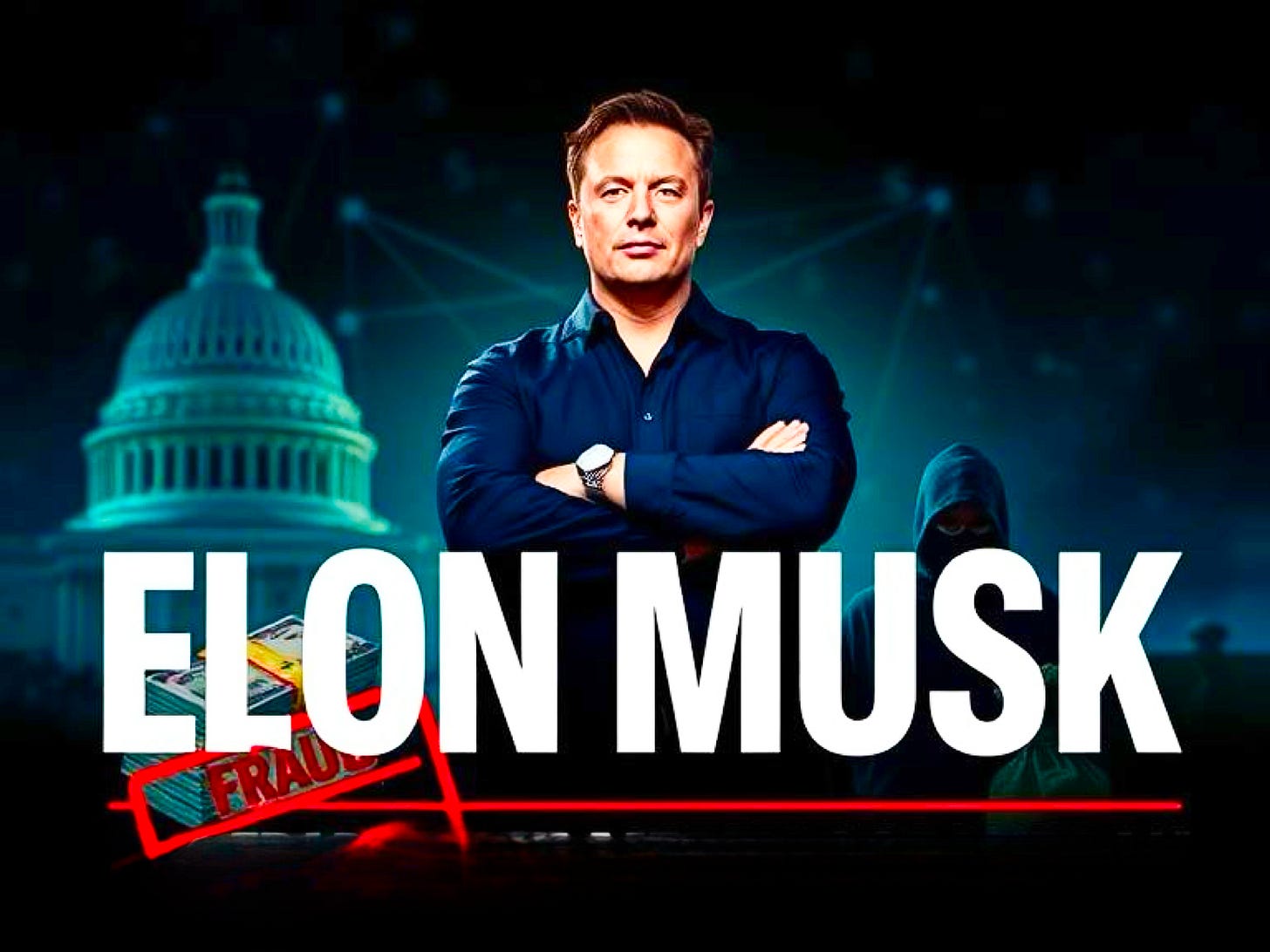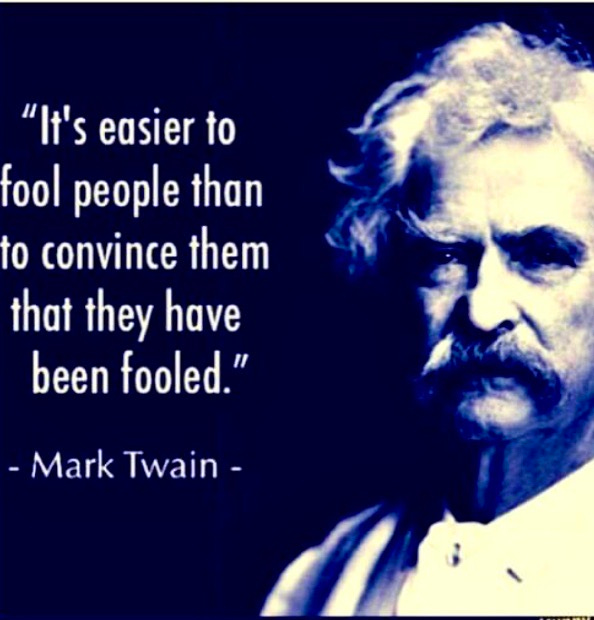Elon Musk Exposes Huge Federal Payment Scandal: ‘Fraudulent’ Treasury System Funded Terror Groups... and Wasted Billions
Tech billionaire’s DOGE initiative uncovers shocking mismanagement... however, critics warn of overreach and political motives behind the crackdown on DEI (Woke) programs and federal oversight.
Elon Musk, the tech mogul known for his audacious ventures into space, electric vehicles, and social media, has now set his sights on an even more daunting frontier: the U.S. Federal Government.
In a bombshell revelation, Musk’s Department of Government Efficiency (DOGE) has uncovered what he describes as “staggering fraud” within the Treasury’s payment system, which processes a jaw-dropping $6 trillion annually. The findings have ignited a firestorm of controversy, raising questions about accountability, government waste, and the role of private entities in public oversight.
The Shocking Allegations
According to Musk, Treasury payment officers were instructed to approve all payments—even those to known fraudulent or terrorist organizations. This systemic lack of scrutiny, Musk claims, has allowed billions of taxpayer dollars to flow unchecked into questionable or outright dangerous entities. The revelation came to light after Musk took to X (formerly Twitter) to decry the “culture of negligence” within the federal payment system.
DOGE, created via an executive order signed by President Trump in 2017, was designed to root out government waste and inefficiency. Under Musk’s leadership, the department has already identified over $1 billion in savings by canceling 104 federal diversity, equity, and inclusion (DEI) contracts. While Musk hails this as a victory for fiscal responsibility, critics argue that the move disproportionately targets programs aimed at addressing systemic inequities.
A Clash of Titans
The road to transparency hasn’t been smooth.
Former acting Treasury Director David A. Lebryk reportedly clashed with DOGE over its push for unfettered access to the federal payment system before exiting his role. Lebryk’s resistance underscores a broader tension between Musk’s aggressive approach and the entrenched bureaucracy that has long operated with minimal oversight.
Senator Ron Wyden, a leading Democrat on the Senate Finance Committee, confirmed that DOGE now has full access to the payment system, which oversees critical programs like Social Security and Medicare.
While Wyden acknowledged the need for accountability, he also expressed concerns about the potential for overreach, particularly given DOGE’s recent lockout of civil servants from the Office of Personnel Management’s computer systems.
The DEI Debate
One of the most contentious aspects of Musk’s findings is the cancellation of DEI contracts, which he claims were rife with inefficiency.
Supporters of DEI initiatives argue that these programs are essential for promoting fairness and representation in government operations. Musk’s critics accuse him of using the guise of fiscal responsibility to advance a politically charged agenda, particularly given his history of controversial statements on social issues.
“This isn’t just about saving money,” said one anonymous federal employee. “It’s about dismantling programs that have been instrumental in addressing systemic inequities. Musk’s approach is a blunt instrument, not a scalpel.”
A Systemic Failure
The revelations about the Treasury’s payment system are a stark reminder of the unchecked spending that’s plagued the federal government for decades. Musk’s discovery that payments were routinely approved without scrutiny highlights a systemic failure in accountability—one that has allowed fraud and waste to flourish under both Democratic and Republican administrations.
“This is not just a bureaucratic oversight; it’s a blatant disregard for taxpayer dollars,” Musk said in a recent statement. “The fact that we’ve already identified over $1 billion in savings by cutting DEI contracts is a testament to the inefficiencies embedded in federal spending.”
The Road Ahead
While Musk’s efforts have been praised by fiscal conservatives, they have also sparked a heated debate about the role of private entities in public governance.
Critics warn that granting DOGE such sweeping access sets a dangerous precedent, potentially paving the way for further privatization of government functions.
“Musk’s work is akin to shooting fish in a barrel—fraud and waste are so pervasive that uncovering them requires little more than a cursory glance,” said one government watchdog. “But the real challenge will be implementing lasting reforms without sacrificing transparency or equity.”
The Bottom Line
Elon Musk’s DOGE has exposed alarming flaws in the Treasury’s payment system, revealing a culture of unchecked spending and lack of accountability. While these findings are a step toward fiscal responsibility, they also highlight the need for balanced, bipartisan reforms to protect taxpayer dollars without undermining essential programs.





